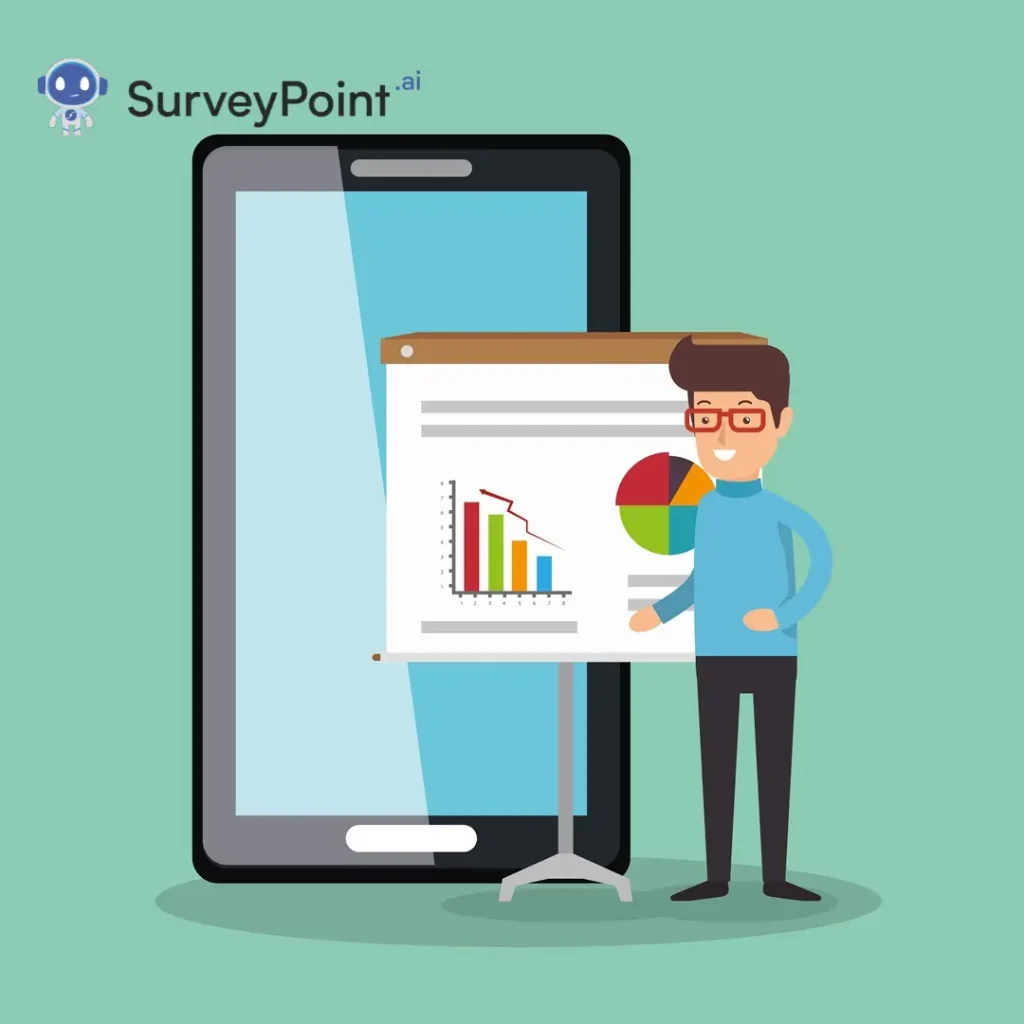
In recent years, technological advancements have revolutionized the healthcare industry, improving patient outcomes, increasing efficiency, and reducing costs. From artificial intelligence and telemedicine to wearable devices and personalized medicine, technology is reshaping the way we understand, diagnose, and treat illnesses. This blog will explore some of the most significant technological innovations in healthcare and their impact on patients and providers.
1. Telemedicine: Bridging the Gap
Overview: Telemedicine uses digital communication tools to provide remote healthcare services. This technology became particularly crucial during the COVID-19 pandemic, allowing patients to consult with doctors from the safety of their homes.
Benefits:
- Accessibility: Telemedicine makes healthcare accessible to people in remote or underserved areas.
- Convenience: Patients can schedule virtual consultations, reducing the need for travel and wait times.
- Continuity of Care: Remote monitoring and follow-ups ensure ongoing care for chronic conditions.
Examples:
- Video Consultations: Platforms like Doctor on Demand and Practo facilitate video calls between doctors and patients.
- Remote Monitoring: Devices like continuous glucose monitors and heart rate monitors transmit data to healthcare providers for real-time monitoring.
2. Artificial Intelligence: Enhancing Diagnosis and Treatment
Overview: Artificial intelligence (AI) is transforming healthcare by analyzing vast amounts of data to identify patterns and make predictions. AI-powered tools assist in diagnostics, treatment planning, and patient management.
Benefits:
- Precision: AI algorithms can analyze medical images and detect anomalies with high accuracy.
- Efficiency: Automated systems streamline administrative tasks, freeing up time for healthcare professionals.
- Personalization: AI enables personalized treatment plans based on individual patient data.
Examples:
- Radiology: AI tools like IBM Watson and Google DeepMind analyze medical images to detect diseases such as cancer and neurological disorders.
- Predictive Analytics: AI models predict patient outcomes, helping doctors develop proactive treatment plans.
3. Wearable Devices: Empowering Patients
Overview: Wearable devices, such as fitness trackers and smartwatches, monitor health metrics in real-time. These devices empower patients to take an active role in managing their health and provide valuable data to healthcare providers.
Benefits:
- Real-Time Data: Continuous monitoring of vital signs helps detect early signs of health issues.
- Patient Engagement: Wearables encourage users to stay active and maintain healthy habits.
- Data-Driven Care: Providers can use data from wearables to make informed decisions about patient care.
Examples:
- Apple Watch: Monitors heart rate, ECG, and blood oxygen levels, providing alerts for irregularities.
- Fitbit: Tracks physical activity, sleep patterns, and stress levels, offering insights into overall health.
4. Robotics: Precision and Efficiency in Surgery
Overview: Robotics is enhancing surgical procedures by providing precision, reducing recovery times, and minimizing the risk of complications. Robotic-assisted surgeries are becoming increasingly common in various medical fields.
Benefits:
- Precision: Robotic systems offer greater accuracy and control than traditional surgical methods.
- Minimally Invasive: Robotic-assisted surgeries often require smaller incisions, leading to faster recovery and less pain.
- Consistency: Robots can perform repetitive tasks with consistent precision, reducing human error.
Examples:
- Da Vinci Surgical System: Widely used for minimally invasive surgeries, including prostatectomies and cardiac valve repair.
- Mako Robotic-Arm Assisted Surgery: Used for joint replacement surgeries, enhancing accuracy and alignment.
5. Personalized Medicine: Tailoring Treatment to Individuals
Overview: Personalized medicine involves tailoring medical treatment to the individual characteristics of each patient. Advances in genomics and biotechnology are making it possible to develop treatments based on a person’s genetic makeup.
Benefits:
- Targeted Therapies: Treatments are designed to target specific genetic mutations, improving efficacy.
- Reduced Side Effects: Personalized treatments are more likely to be effective with fewer adverse reactions.
- Preventive Care: Genetic testing can identify individuals at risk for certain diseases, allowing for preventive measures.
Examples:
- Genetic Testing: Companies like 23andMe and AncestryHealth offer genetic testing services that provide insights into health risks and traits.
- Cancer Treatment: Targeted therapies, such as those used in precision oncology, attack specific genetic mutations in cancer cells.
6. Blockchain: Securing Health Data
Overview: Blockchain technology provides a secure and transparent way to store and share medical data. It ensures data integrity, protects patient privacy, and facilitates interoperability among healthcare systems.
Benefits:
- Security: Blockchain’s decentralized nature makes it difficult for unauthorized users to alter data.
- Transparency: All transactions are recorded in a tamper-proof ledger, ensuring data accuracy.
- Interoperability: Blockchain enables seamless data exchange among different healthcare providers.
Examples:
- MedicalChain: Uses blockchain to create a secure, patient-centric health record system.
- Guardtime: Implements blockchain solutions to secure healthcare data and improve data integrity.
Conclusion
Technological advancements are transforming healthcare, offering unprecedented opportunities to improve patient outcomes, enhance efficiency, and reduce costs. From telemedicine and AI to wearable devices and personalized medicine, these innovations are making healthcare more accessible, precise, and patient-centered. As technology continues to evolve, its integration into healthcare will undoubtedly lead to even more significant improvements, paving the way for a healthier future for all. For more information checkout- surveypoint.ai




